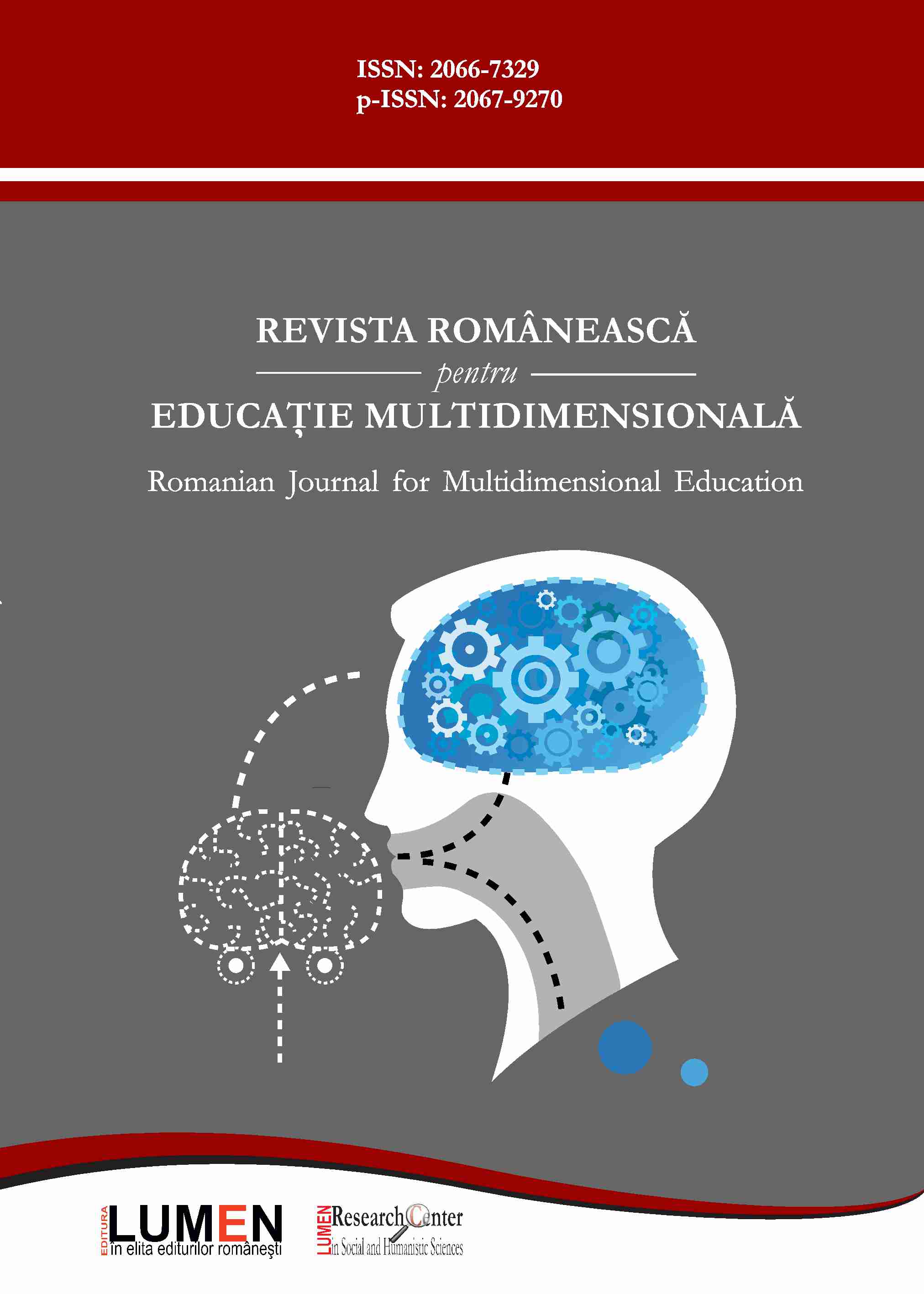Formation of Professional Skills of Future Teachers of Physical Culture
Formation of Professional Skills of Future Teachers of Physical Culture
Author(s): Oleksandr Soltyk, Oleg Bazylchuk, Yurii Dutchak, Vita Khimich, Olena DobrovitskaSubject(s): Social Sciences, Education, Vocational Education, Higher Education
Published by: Editura Lumen, Asociatia Lumen
Keywords: Teacher of physical culture; professional training; vocational skills;
Summary/Abstract: The article deals with the issue of vocational skills formation of future teachers of physical culture. The following skills have been defined as one of the most important in modern profession of a teacher of physical culture: communicative skills, methodological skills (ability to differentially use different means of physical education, ability to rationally use time for the lesson, ability to develop lesson’s structure and adhere to it), and skills to predict potential dangers. On the basis of research of active teachers of physical culture, definition methods and assessment scale of professional skills data have been developed. Special attention has been paid to substantiation of pedagogical conditions aimed at formation of the given skills within professional training. Two pedagogical conditions have been defined as the most important: updating of the content of professional training of future teachers of physical culture on the basis of integration approach, and orientation of pedagogical practical studies on tackling complex studies, health improvement and educational issues. A pedagogical experiment has been carried out during which effectiveness of implementation of pedagogical conditions in the field of formation of professional skills of future teachers of physical culture has been proven. Participant of the pedagogical experiment were junior and senior students of higher educational establishments who are trained to become teachers of physical culture. By all professional skills, positive dynamics of their improvement was observed. The biggest improvement was achieved in the formation of methodological skills and ability to predict potential dangers (at the level of р ≤ 0,01). At the level of р ≤ 0,05, improvement communicative skills in experimental group was achieved.
Journal: Revista Românească pentru Educaţie Multidimensională
- Issue Year: 14/2022
- Issue No: 1
- Page Range: 406-425
- Page Count: 20
- Language: English

